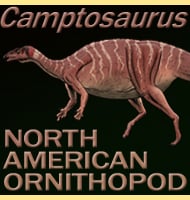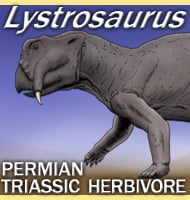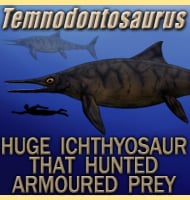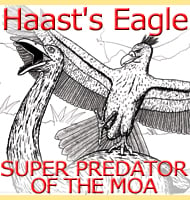In Depth
During the Cretaceous period much of Modern day Manitoba would have been submerged under the Western Interior Seaway, which is how the fossils of the mosasaur Latoplatecarpus made it so far inland. After the original material was prepared and described, some further remains that were once attributed to Plioplatecarpus were reassigned to Latoplatecarpus to create a second species L. nichollsae (originally referred as Plioplatecarpus nichollsae). Further study has also indicated that other material that has been dubiously referred to the genus Platecarpus as the species P. somenensis may actually belong with Latoplatecarpus nichollsae.
As a plioplatecarpine mosasaur, Latoplatecarpus had a short snout and powerful body for swimming, and as such it may have focused upon smaller prey like fish and possibly also cephalopods, while larger mosasaurs like Tylosaurus were dedicated to hunting large prey like other marine reptiles. The name Latoplatecarpus is in reference to the wide shape and construction of the front flippers that would have been used for steering as well as keeping level while swimming. Their developed shape suggests that Latoplatecarpus may have been both fast and agile in its swimming ability.
Further Reading
Further reading- A new species of mosasaur (Squamata: Mosasauridae) from the Pierre Shale (lower Campanian) of Manitoba. – Canadian Journal of Earth Sciences. 44 (5): 593–606. – R. S. Cuthbertson, J. C. Mallon, N. E. Campione & R. B. Holmes – 2007.- Two new plioplatecarpine (Squamata, Mosasauridae) genera from the Upper Cretaceous of North America, and a global phylogenetic analysis of plioplatecarpines. – Journal of Vertebrate Paleontology 31(4):754-783. – T. Konishi & M. W. Caldwell – 2011.









